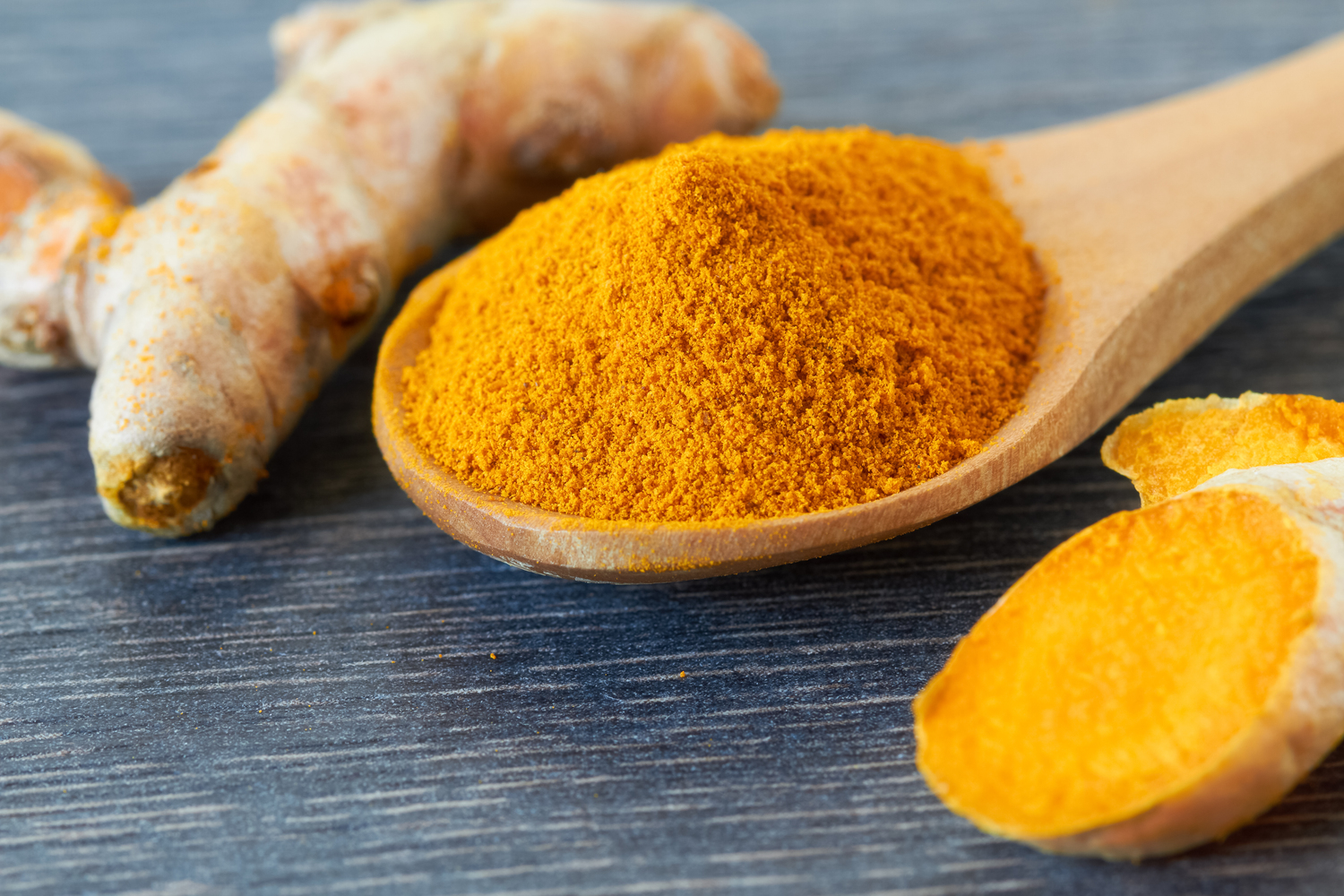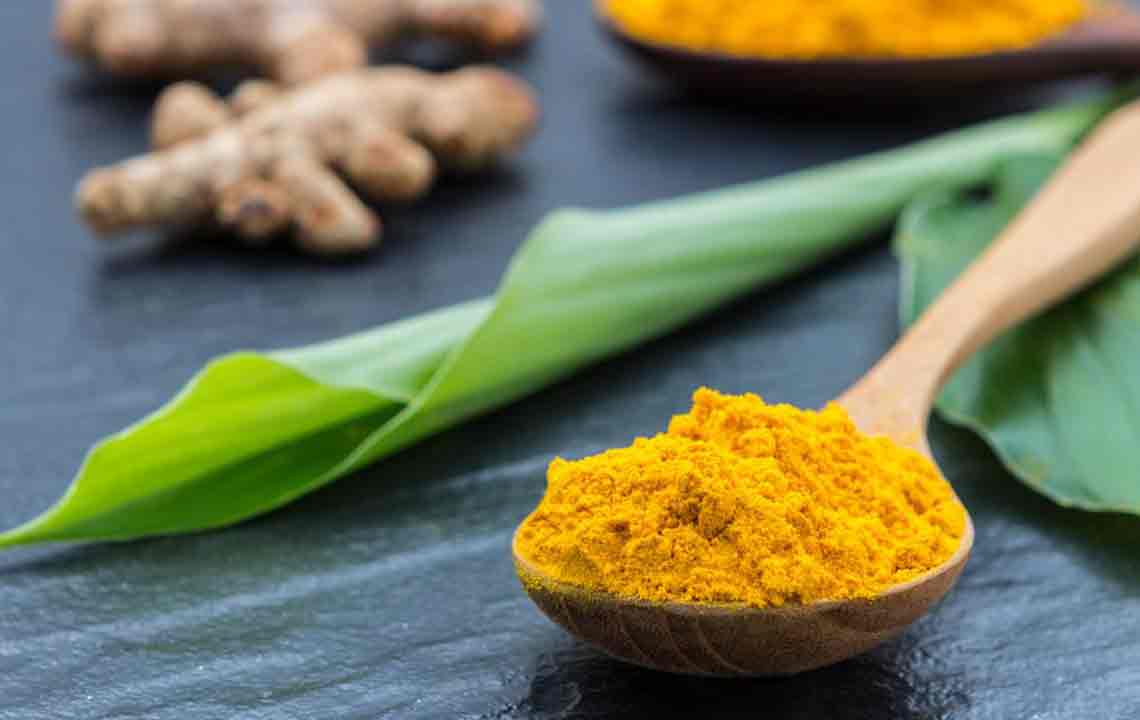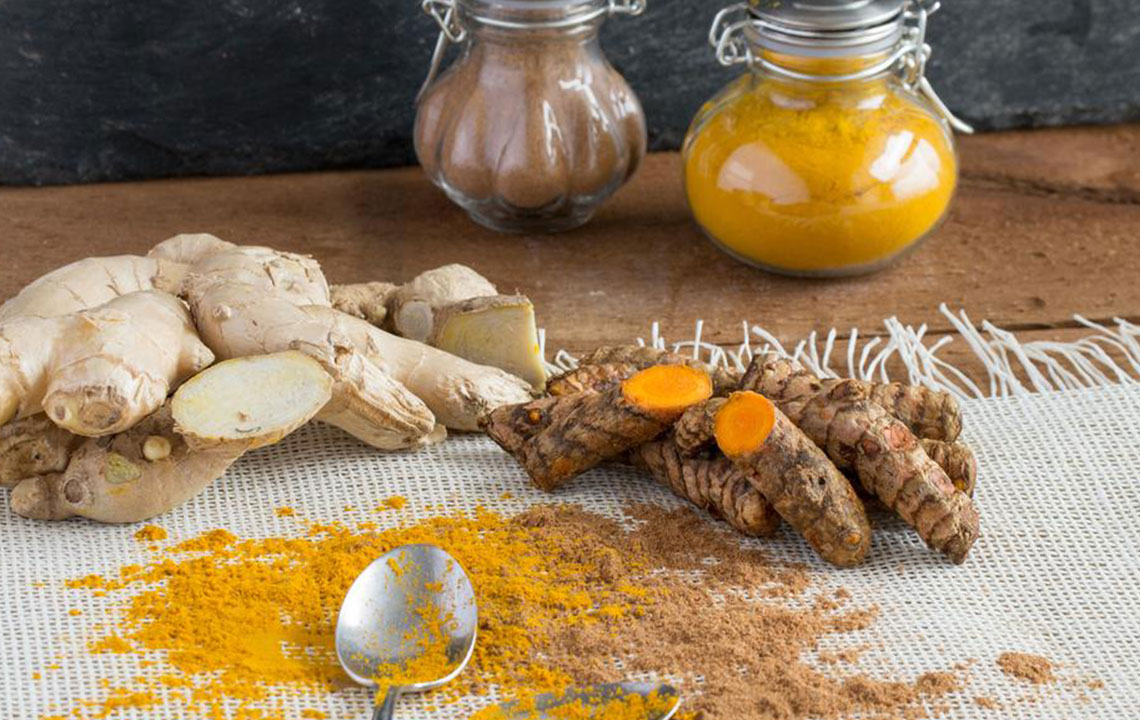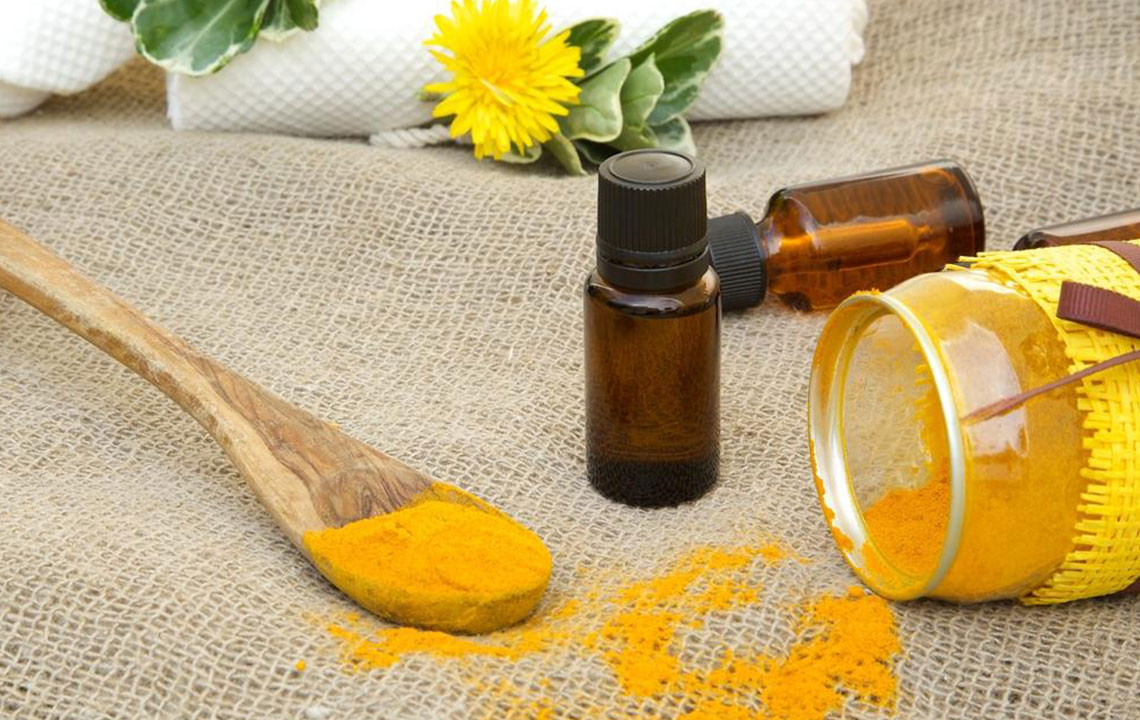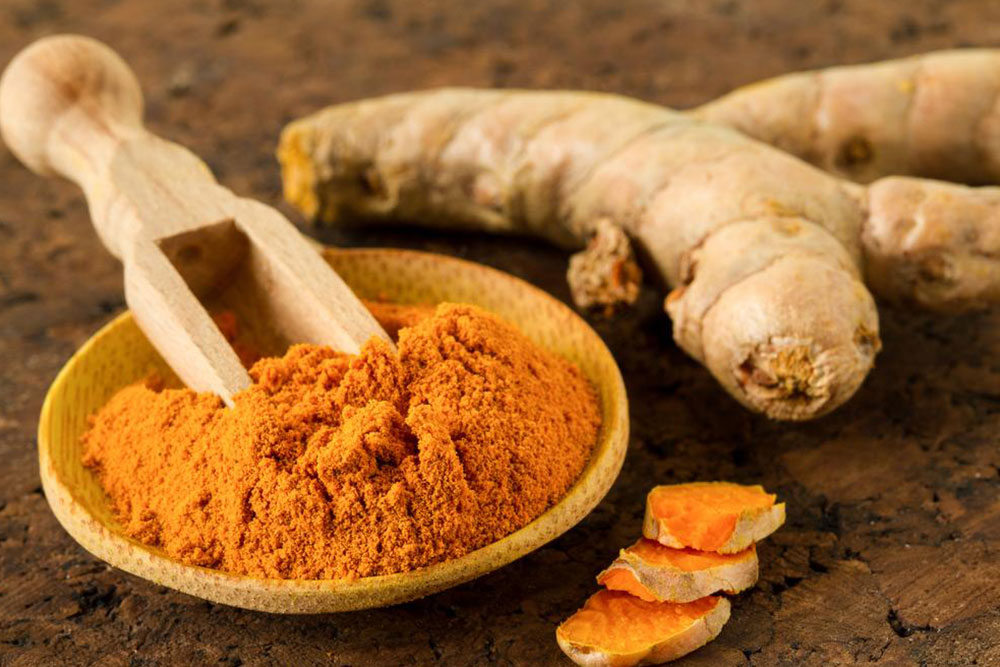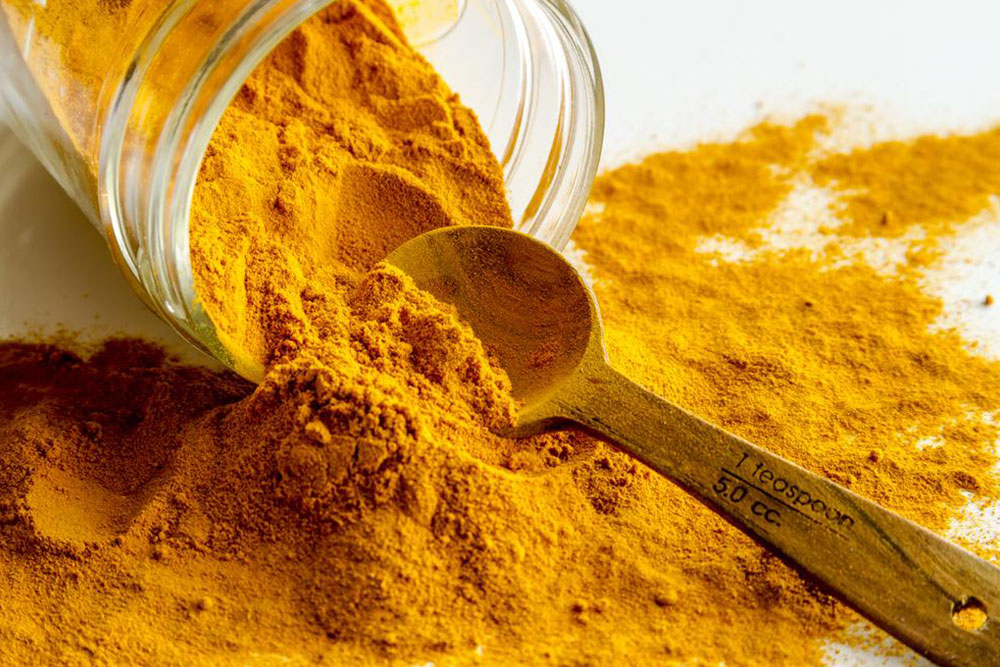Unlocking the Extensive Health Benefits of Turmeric: Nature’s Golden Remedy
Explore the comprehensive health benefits of turmeric, a centuries-old spice with powerful anti-inflammatory and antioxidant properties. Learn how it supports immune health, skin glow, cognitive function, and chronic disease management. Discover practical ways to incorporate turmeric into your daily routine for improved wellness and natural healing.
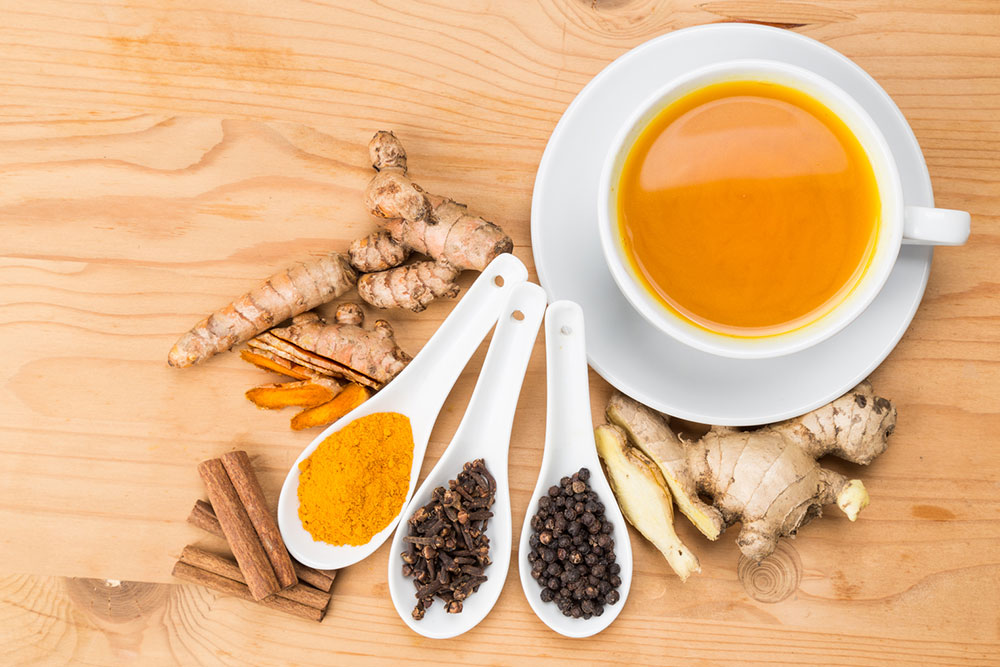
Unlocking the Extensive Health Benefits of Turmeric: Nature’s Golden Remedy
Turmeric, often referred to as the "golden spice," has been cherished for centuries in traditional medicine systems across India and Southeast Asia. Its vivid yellow hue and distinctive flavor have made it an indispensable ingredient in culinary and medicinal practices. Today, scientific research continually reveals the remarkable health advantages of this humble root, highlighting its potential as a natural remedy for a variety of health concerns. From anti-inflammatory effects to antioxidant properties, turmeric is increasingly recognized as a powerhouse of wellness.
What exactly is turmeric?
Turmeric is a perennial flowering plant scientifically known as Curcuma longa, which belongs to the ginger family (Zingiberaceae). Native to the Indian subcontinent and Southeast Asia, turmeric is cultivated primarily for its rhizomes — underground stems rich in bioactive compounds. These rhizomes are harvested, cleaned, and processed into a bright yellow-orange powder that is used worldwide as a spice, dye, and health supplement. The plant’s vibrant color and warming aroma make it a popular addition to various dishes, especially in Indian, Middle Eastern, and Southeast Asian cuisines.
Historically, turmeric has been revered not just as a culinary enhancer but as a vital component in herbal medicine. Its active component, curcumin, accounts for most of its therapeutic properties. The dried turmeric root is ground into a fine powder, which contains a complex mixture of nutrients including carbohydrates, water, proteins, fats, essential oils, minerals, and curcuminoids. These phytochemicals are responsible for the root’s characteristic color and health-promoting effects.
In recent centuries, scientific exploration of turmeric accelerated, especially after the identification and extraction of curcumin in the 19th century. This discovery sparked intense research into its medicinal properties, revealing a broad spectrum of health benefits. Turmeric’s culinary uses extend well beyond flavor — it’s a common ingredient in health supplements, natural cosmetics, and wellness drinks like golden milk. Its role in traditional medicine has now been validated by scientific studies, reinforcing its reputation as a natural health booster.
Some of the most popular modern uses include topical applications such as DIY face masks, which utilize turmeric’s anti-inflammatory, antioxidant, and skin-brightening properties. Many natural skincare products incorporate turmeric for its ability to combat acne, soothe skin inflammation, and impart an appealing glow. Additionally, turmeric is valued for its antimicrobial and UV-protective effects, making it an excellent ingredient in natural sunscreen formulations.
Medicinally, turmeric has long been employed for wound healing, skin conditions, and hair care. Its anti-inflammatory effects make it a promising natural remedy for chronic inflammatory diseases like arthritis. Studies suggest that curcumin may play a role in managing neurodegenerative disorders such as Alzheimer’s disease by reducing inflammation in the brain, and it might also contribute to delaying age-related cognitive decline. Although research is ongoing, these findings underscore turmeric’s potential as a neuroprotective agent.
The key health-boosting properties of turmeric and curcumin include:
Powerful antioxidant activity that neutralizes harmful free radicals
Strong anti-inflammatory effects that can help combat chronic inflammation
Antiseptic and antimicrobial properties beneficial for skin health
Potential to regulate blood sugar levels, aiding in diabetes management
Support for healthy skin, reducing blemishes and signs of aging
Blood-thinning capabilities that promote cardiovascular health
Relief from joint pain and muscle soreness
Alleviation of sore throats through its soothing properties
Cholesterol-lowering effects contributing to heart health
Possible neuroprotective benefits that support brain function
Emerging evidence suggesting anti-cancer properties
While turmeric as a spice contains only about 3% curcumin, concentrated supplements are available to harness therapeutic doses. These supplements often feature curcumin extracts to optimize bioavailability, especially when combined with piperine (black pepper extract) or healthy fats like coconut oil. It’s important, however, to consume turmeric or supplements within recommended limits, as excessive intake may cause side effects such as gastrointestinal discomfort, allergies, or blood thinning. Pregnant women, individuals with gallstones, kidney stones, or anemia should consult healthcare professionals before starting any turmeric supplement regimen.
